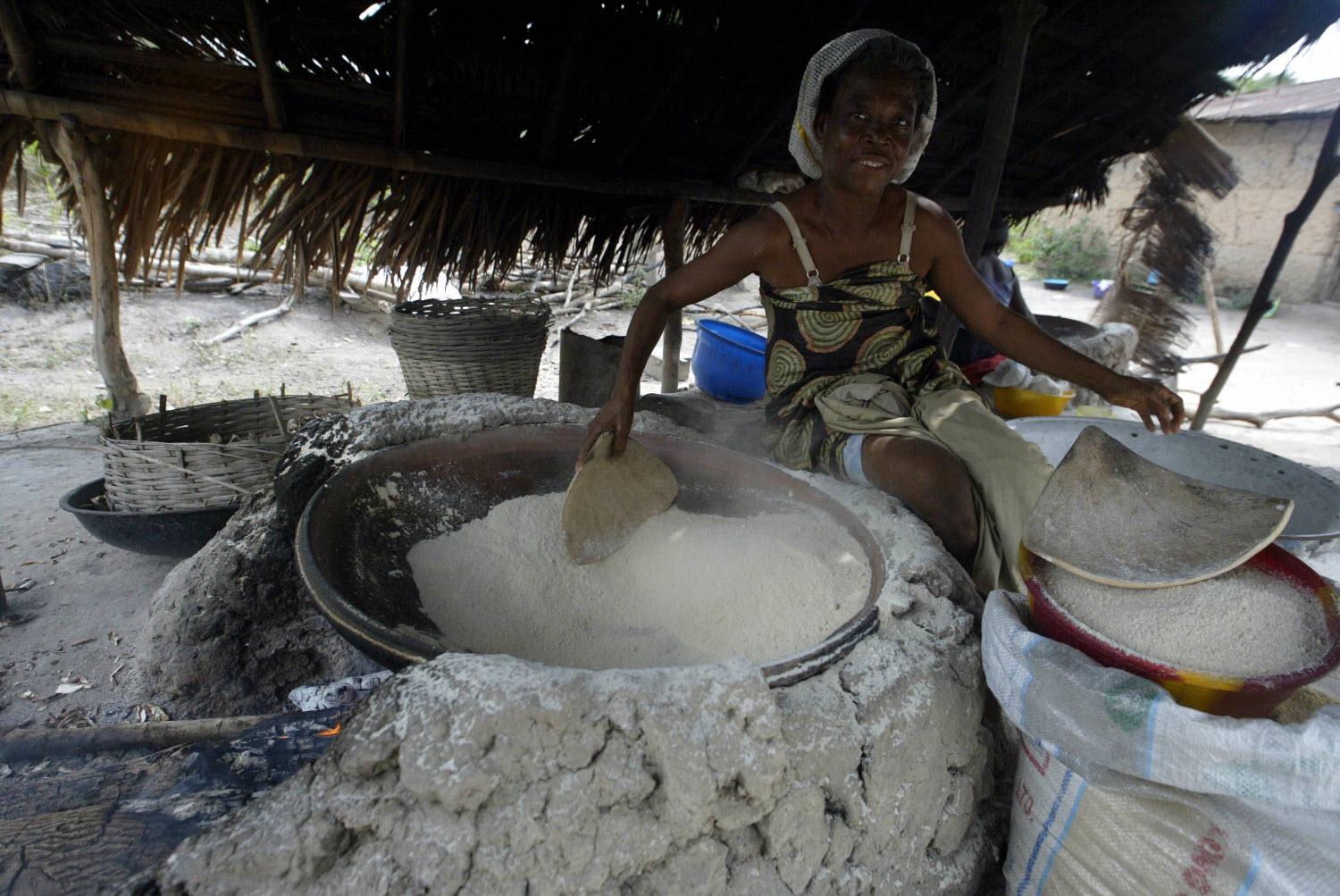Reducing Food Losses Through Improved Post Harvest Management in Ethiopia (FAO)

| Project's full title | Reducing Food Losses Through Improved Post Harvest Management in Ethiopia |
|---|---|
| Tags | |
| Countries | Ethiopia |
| Start date | 27/12/2012 |
| End date | 29/11/2013 |
| Status | Completed |
| Donor | Switzerland |
| Recipient / Target Areas | Ethiopia |
| Project Code | none |
| Objective / Goal |
1 - Identify priority livelihood zones and define the operational areas. 2 - Review and identify with farmers including female-headed smallholder farming families in operational area selected, current local best practices and challenges, local manufacturing capacities and map potential stakeholders and partners of PHL management project in implementation areas. |
| Partners | Government |
| Beneficiaries | Smallholder farmers |
| Activities |
1.1 Identify priority livelihood zones and define the operational areas. 1.2 Undertake loss assessment to determine and document post-harvest losses of important staple crops like maize, wheat, sorghum and beans in the operational area 1.3 Identify multidimensional problems associated with post harvest losses by a multidisciplinary assessment team 1.4 Identify and prioritize post harvest loss factors based on their economic importance 1.5 Organize a 2 day workshop on post harvest losses and promising practice. 2.1 Organize a launching workshop /conference at the end of entry phase. 2.2 Review and identify with farmers including female-headed smallholder farming families in operational area selected, current local best practices and challenges, local manufacturing capacities and map potential stakeholders and partners of PHL management project in implementation areas. 2.3 Identify preferred post harvest technologies that the communities wish to pilot and take-to-scale 2.4 Identify technologies available at research stations that are tested and contextualized to Ethiopian conditions 2.5 Identify ways of integrating PHL management in the agricultural extension system (curricula, technical guidelines for FTCs, etc.) 2.6 Organize a Working Group of development partners including MoA representatives that provides support in launching the Program. The overall steering of the project will be done by FAO & SDC. 2.7 Assess potential of FTCs for promotion of PHL management practices and identifying entry points 2.8 Assess capacities of extension agents and generate areas for ways of building their capacities 2.9 Organize stakeholders discussions forums on challenges , opportunities technologies for scaling up of promising PHL management technologies 2.10 Prepare long-term project based on the technologies identified for PHL management through participation of concerned stakeholders |
| SDG(S) |
